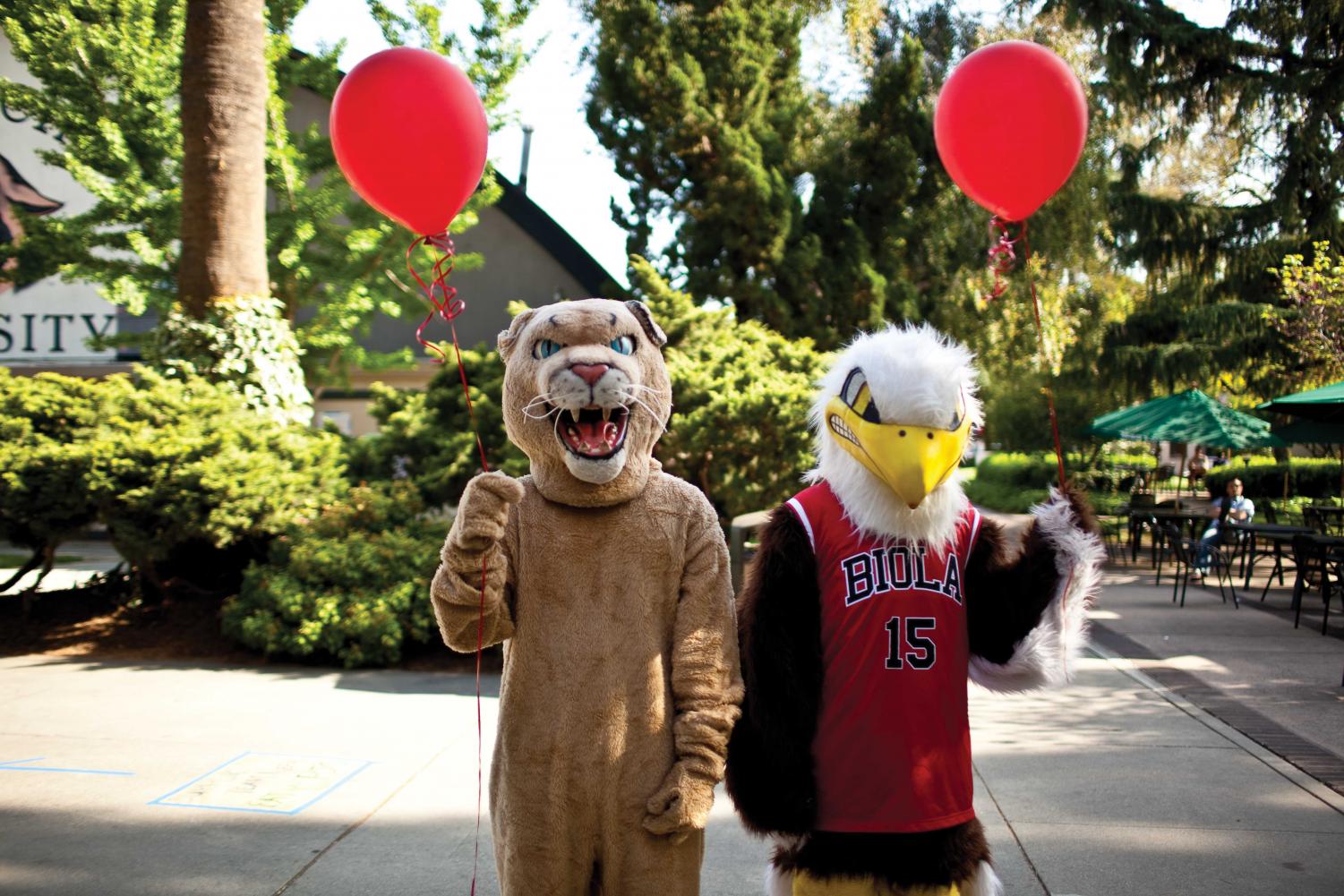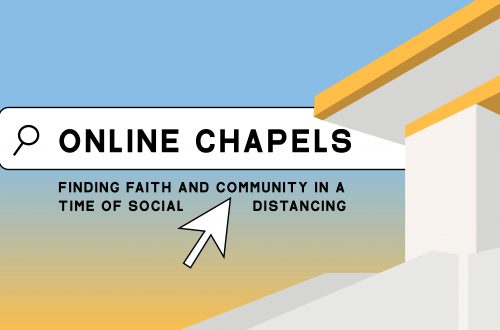According to a January 2020 survey published by the health company Cigna, roughly 3 in 5 Americans are lonely. Since 2018, when Cigna first began conducting annual surveys of loneliness, there has been a nearly 13% rise in loneliness. Nonetheless, we have never been so connected with the advent of social media.
In their Friendship Report, Snapchat revealed that 79% of survey respondents affirm the helpfulness of digital communication in maintaining relationships. However, it is hard to reconcile the increase in American loneliness to the rise of virtual friendships. Social media is a powerful tool, but its impact is paradoxical — as virtual, relational connectivity increases, interpersonal satisfaction decreases.
Something is not adding up—and it is because we do not know what friendship is.
 WHAT IS FRIENDSHIP?
WHAT IS FRIENDSHIP?
Given the lack of historical precedence for virtual friendships, it may be beneficial to view friendship from an ancient perspective unmediated by technology. In “Nicomachean Ethics,” Greek philosopher Aristotle makes three distinctions when it comes to categorizing friendships: friendships of utility, friendships of pleasure and friendships of virtue.
Friendships of utility are friendships with another person because of their usefulness, such as helping someone move so that they return the favor, or babysitting someone’s children for a job opportunity. Any friendship built on, “scratch my back, and I’ll scratch yours,” is a friendship of utility according to Aristotle.

Friendships of pleasure are exactly as they sound: friendships built on the pleasure of shared companionship. These friendships generally center on the satisfaction one receives from another, including laughing together, playing sports together or spending Friday nights watching a movie. A friendship of pleasure brings happiness, but once the pleasure of the relationship falters, the relationship will fade. Aristotle believes that friendships of utility and pleasure are superficial, mutable and easily dissolved.
In contrast, friendships of virtue deeply desire the best for another. Virtue can be defined as the tendency to act good and virtuous for its own sake. A virtuous friendship, with a strong foundation of mutual goodwill, always acts in the other’s best interest. Aristotle believes that a friendship of virtue is the most profound, stable form of friendship. In fact, he proposes that a friendship of virtue will also be full of pleasure and utility, but it differs in that it is built on the pursuit of what is good, and not something as transient as pleasure or transactions.
Biola University professor of philosophy Tom Crisp and associate professor of theology Ryan Peterson both agree with Aristotle’s
view of friendship, but add emphasis to the embodied element of friendship to fit with our modern culture.
Crisp believes that friendships of virtue have to be embodied by sharing lived experiences. Simply put, people have to do life together.

According to Crisp, a friend is someone who knows your soul and can challenge you to be better. Knowing someone’s soul necessitates deep, relational consistency. This consistency can only be accomplished by living life together. Crisp expands on Aristotle’s writing by emphasizing the obvious fact that humans are embodied. To know another person we have to be in their presence physically. “[Social media friendships] are too episodic and too unembodied to be able to provide the goods of Aristotle’s true friendship … a friendship that purses the good,” Crisp said. Crisp believes that virtual friendships are deficient because this relationship is not embodied.
Peterson agrees with Crisp that virtuous friendships are active and embodied.
“In the classical sense, a friend is someone who helps you become virtuous [and] to cultivate virtue in a friendship… one must have a common vision for what is good,” Peterson said.
According to Peterson, in order to have a common vision, there has to be a shared dialogue between persons. Peterson uses the word dialogue to mean an active, on-going process of communication. Dialogues in the virtual realm are too limited. Only in the physical space of another can one’s facial expressions, body language, and presence be felt.
“Knowing and being known is vital to deep friendship, and it is in this context where you can call someone out to pursue the good,” Peterson said.
 CALL TO ACTION
CALL TO ACTION
What are some of the options to decrease loneliness and increase meaningful interaction? Senior political science major Haneen Razzouk recognized the impact of social media in her life and decided that a life without social media would be better — she has not had a social media account for the past six years.
“Not having social media has forced me to be more intentional with my interactions,” Haneen said. “I have to schedule time to maintain relationships with friends and family. ”

She recommends that students focus on meaningful friendships by asking themselves if those relationships lead to growth and development.
It became apparent to Haneen that social media is fake and superficial. She stated that friendships on social media serve as “invisible currency of glory.”
Looking at Aristotle’s categories of friendship, social media facilitates friendships of utility and pleasure:
“Like my picture…. I’ll like yours”— utility.
“Comment on my post… it makes me feel good” — pleasure.
“Watch my video … pay attention to me” — vice.
When one steps back and looks at the underbelly of social media, Haneen’s perspective can be understood. At the core of erasing her social media is the rejection of subliminal messages— the subliminal messages to focus on self, not others.
To develop virtuous friendships one has to will the good of another. To make and maintain friendships, one must be oriented to another in virtue, not to the self in vice. Social media, however, focuses on the self and not another. Self-reflection when using social media leads to the following question: which virtues do social media develop?





